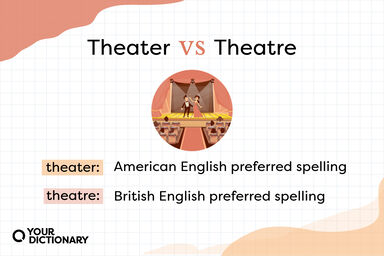Thee Definition
Thou (nominative case)
The name of the letter ⟨(⟩, which stands for the th sound IPA: /ð/ in Pitman shorthand.
Origin of Thee
-
From Middle English theen (“to increase, prosper, flourish"), from Old English þēon (“to thrive, prosper, flourish, grow"), from Proto-Germanic *þinhanÄ… (“to thrive, succeed"), from Proto-Indo-European *tenk-, *tenkh- (“to succeed, turn out well"). Cognate with Dutch gedijen (“to flourish, thrive, prosper, succeed"), German gedeihen (“to thrive"), Gothic [script?] (gaþeihan, “to increase, thrive").
From Wiktionary
-
From Middle English thee, the, from Old English þē (“thee", originally dative, but later also accusative), from Proto-Germanic *þiz (“thee"), from Proto-Indo-European *te (“second-person singular pronoun"). Cognate with German Low German du (“thee"), German dir (“thee", dative pron.), Icelandic þér (“thee"). More at thou.
From Wiktionary
Related Articles
Thee Is Also Mentioned In
Find Similar Words
Find similar words to thee using the buttons below.





